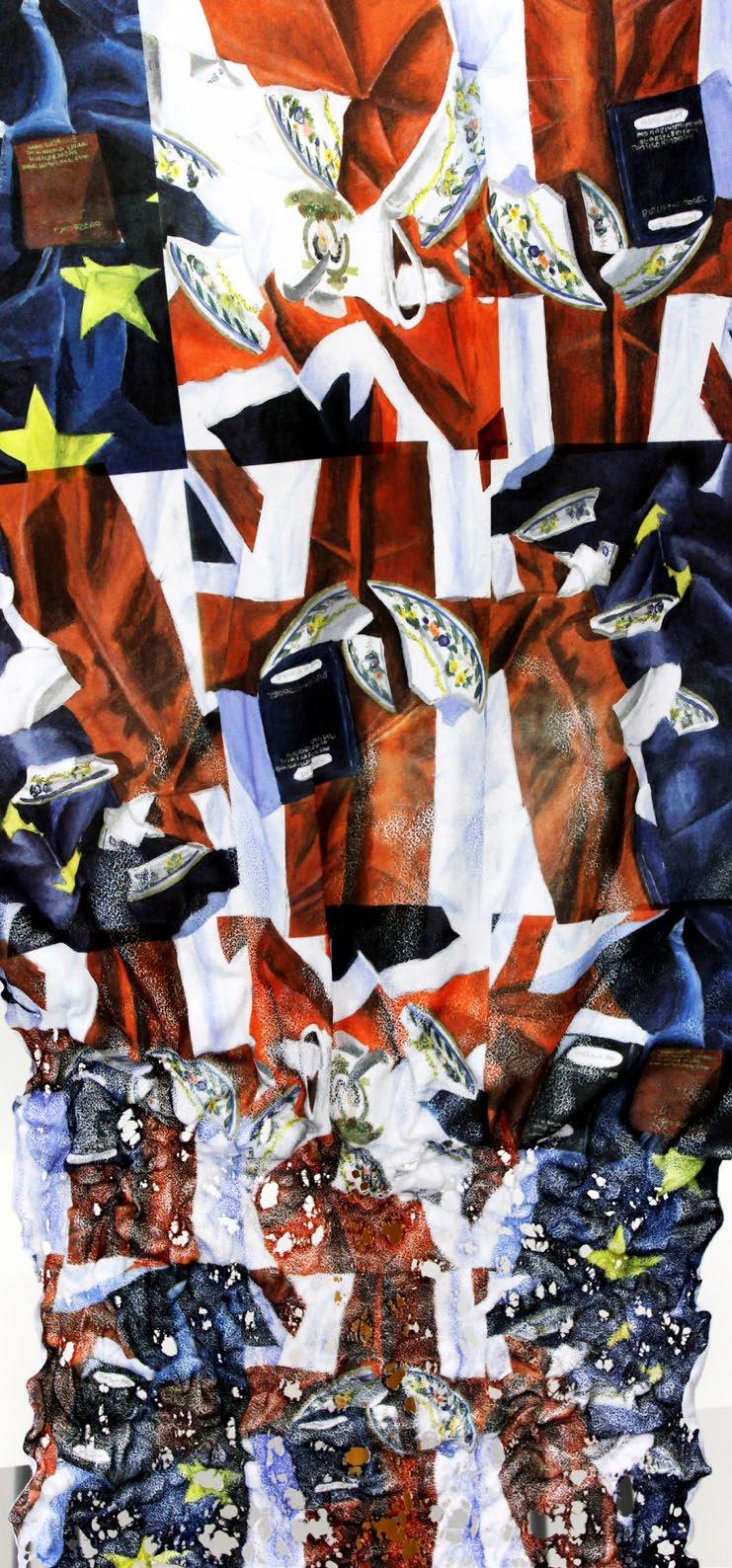
5 minute read
by Tom Boyd
DEMOCRACY
By Tom Boyd Image by Ellie Wood
The American philosopher, Lysander Spooner, is not the first to criticise the legitimacy of government and he will not be the last. Western democracies have come a long way since feudalism and absolute monarchy. Throughout history, the lower rungs of society have fought for freedom and control of their lives and futures, but we have all fallen at the final hurdle. Instead of striving for complete control of the political system and real democracy, we have accepted liberal democracies that do not work in the interests of those they represent and instead, starve the people of any political autonomy. The flaws and failings of our governments cannot be ignored. It is high time they are dismantled in favour of a system in which we all have a say – a real democracy. Despite writing his great political work, ‘No Treason’ (from which this quotation is taken), around the time of the American Civil War (1861-65), Spooner’s argument that a government’s laws or constitution should only be obeyed if consented to by the populace is still a valid criticism of Western democracies in the present day. According to the social contract theory of the French philosopher JeanJacques Rousseau, a government that does not act in the “volonté générale” (general will of the people as a whole) is illegitimate and may be justifiably destroyed or replaced by the people it is supposed to represent. Both Spooner and Rousseau agree that the only legitimate authority is one consented to by the vast majority of the populace. The social contract theory, developed in the 17th and 18th centuries, is the theory that in a society, the individual surrenders certain freedoms and submits to the authority of government in order to create an organised society that protects their rights. For John Locke, the English philosopher, these rights were the right to own your physical body and the right to own property; whereas, for Rousseau, whatever the people wanted should be granted by the government (the “volonté générale” mentioned earlier). This is the social contract between the political class and the people and can either be consented to explicitly, as Rousseau argued, or tacitly accepted, as Locke believed. Surely, based on the theory of the social contract, it is very easy to justify the Government’s authority as we all sacrifice personal liberties and obey laws that benefit society, thereby maintaining society and preventing chaos? Not entirely. It is, of course, true that there are many laws that protect citizens from harm, but the coercive nature of the law cannot be ignored. Take, for example, the Extinction Rebellion protests that have seen over 1000 arrests in 8 days and members of the protests dragged away and stripsearched by police. It would be easy to argue that the police are just doing their job and that the Extinction Rebellion deserves to be arrested for disrupting the running of society, were it not for the fact that the protests have remained entirely peaceful and that climate change remains a threat that affects the whole of society, a threat perceived by 69% of the UK’s population* and ignored by the political class.
The Rebels’ aim is to reduce greenhouse gas emissions to net zero by 2025 and, more importantly, to form a citizens’ assembly made up of members of the public that will lead decision-making in the fight against climate change. This terrifies the political elite as it stands as a direct attack on their authority. This explains why the police, as the enforcers of the State’s will, have been so aggressive towards the protesters, as it is their job to defend the status quo and maintain government control over the people, even when the people’s general will is in favour of combating climate change. This betrayal of the “volonté générale” alone is enough to justify a dismantling of the state, as Rousseau would endorse.
This example leads into my second criticism of Western democracies: they are undemocratic. This may at first sound contradictory, but it makes sense once you delve into the etymology of the word “democracy”. It is derived from Ancient Greek and literally means “rule through the people”. A society that is truly democratic is one in which the people have a direct say in how their society is run. The first democracy began in Athens, in Ancient Greece, and all men were able to take part in deciding the domestic policy of their city and the laws they all had to follow. This allowed the people to have direct control over their lives.
When compared to the democracy of Ancient Athens, our democracies seem almost like oligarchies in which power is held by a small group and the people are kept from having any say in key policy decisions. The brutality towards the Extinction Rebellion and prevention of a citizens’ assembly are symptoms of the dominance the political elite hold over society’s direction. A clearer example is the Brexit process in which the people’s will is once again being ignored by those in power who refuse to hear their cries and listen to what they want the deal to look like.
The political class does not believe that the people are capable of competent decision-making and it is this arrogance that prevents the people from forging their own futures. Instead of true democracy, the people are offered the chance instead to “choose their masters”, as Spooner so eloquently wrote. This satisfies the masses’ hunger for autonomy as they are manipulated into believing that the system works for them and cannot be dramatically improved. The tragic flaws in our governments have been laid bare: they are undemocratic, coercive and oppressive. As a result, they deserve to be completely destroyed and replaced with a system that accepts the public’s opinion, rather than silencing it.
Lysander Spooner










